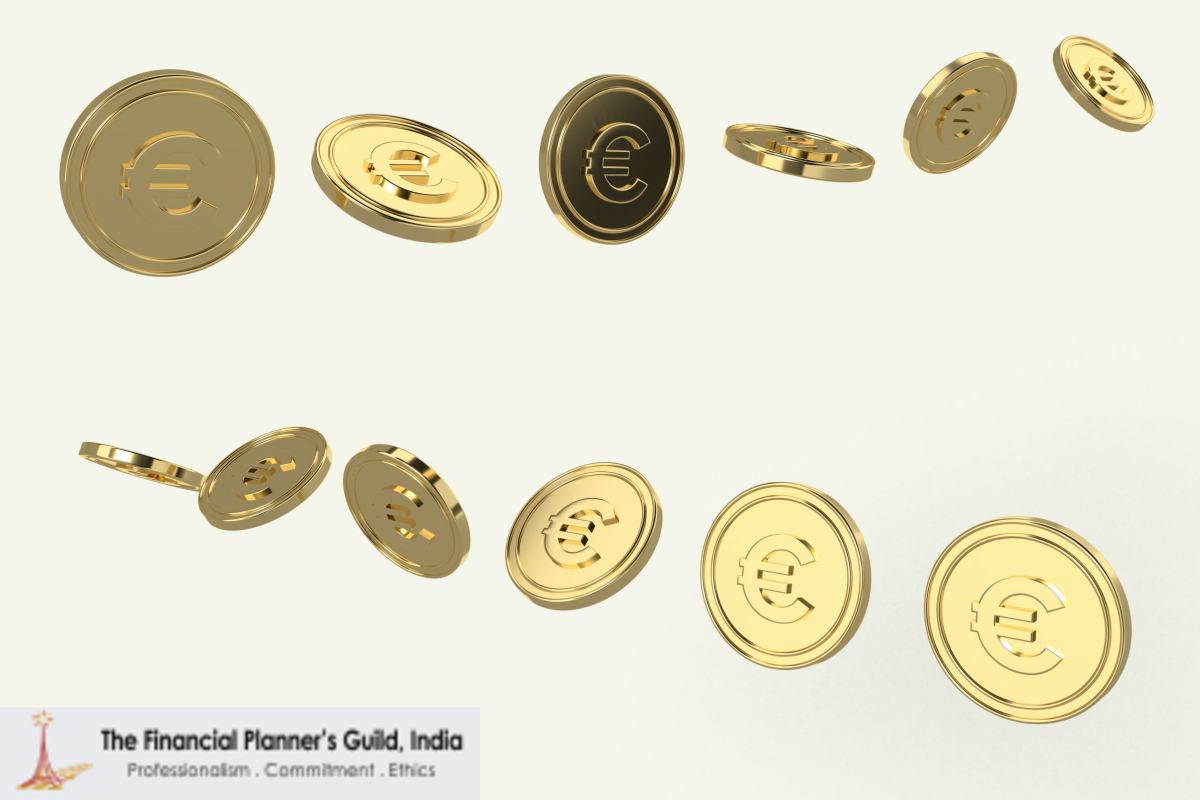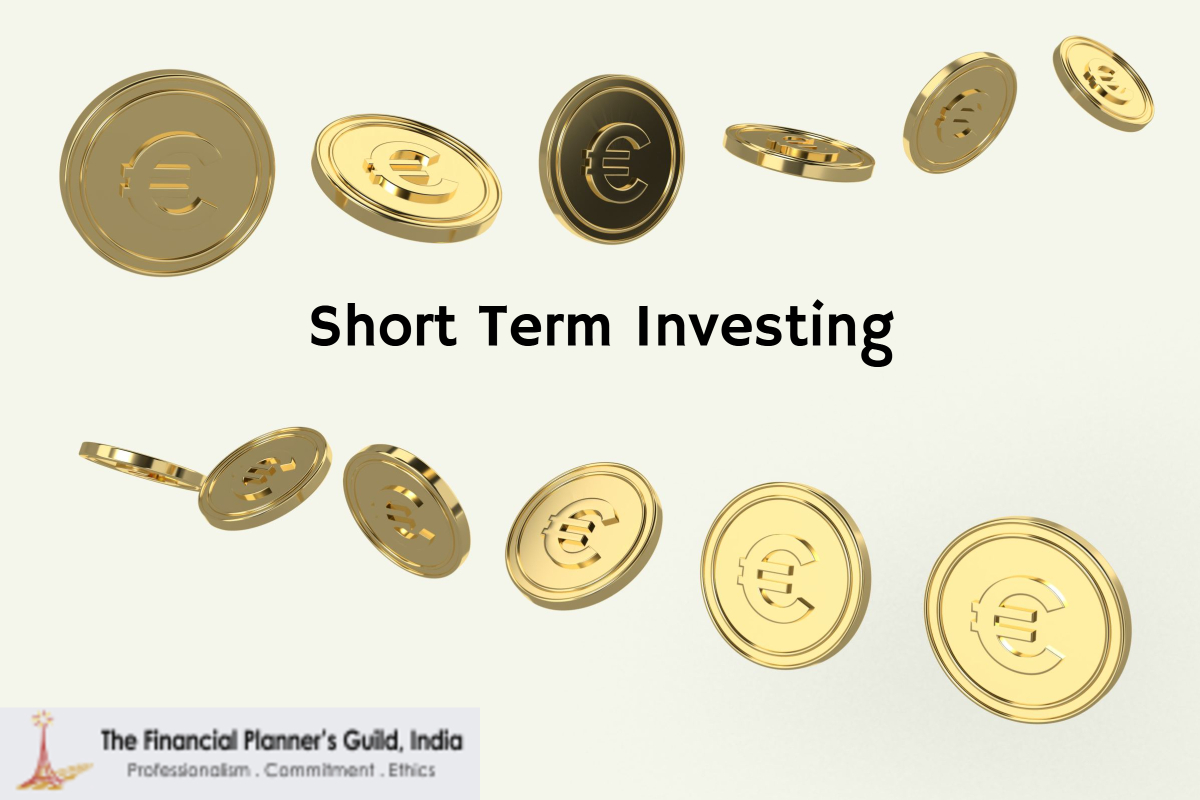
My friend Ritu works for an IT company. She called me few days back with a quick question. Her husband Ramesh worked for a company that had ceased its India operations a few months ago. Presently he was on look-out for a new job. He recently received his PF payout amounting to about Rs. 10 lakhs. They were wondering where to invest it for the next six to eight months, till the time Ramesh could settle down in a new job. Once that happens, they would use these funds to pre-pay their home loan partially. She was confused in choosing between bank fixed deposit and gold.
First thing Ritu needs to check is if the reduced cashflows in the next 6-8 months affect her regular expenses, EMI payments and other committed investments. This will also include her commitments towards insurance premiums. She also has needs to have sufficient liquidity to meet any kind of contingency that might arise during this period. This could be either in the form of a medical requirement or loss of job for her. Once these issues are addressed, they can think of investing the PF amount that has been received.
There are four basic parameters that they need to look at while investing this amount. They are risk, return, liquidity and taxation. Let us look at whether a bank fixed deposit will suit her or gold, or some other product.
Gold is something that seems very attractive to most investors, especially due to the way it has been rising in the recent times. Risk in gold is that since it has been rising meteorically in recent times, there could be a bubble which might burst and cause huge losses. Those might eventually be recoverable in longer tenures, but for Ritu’s requirement, it is a big risk. Returns again are very doubtful in a short period that she is looking at. They might swing either way, depending on several factors like the global economic situation, the rupee-dollar equation etc. On the taxation front, again she will be liable to pay short term capital gain tax on whatever profit she makes. This will amount to 30.9% which will drastically reduce whatever profits she earns if any.

Let’s look at her second choice, bank fixed deposit. Bank fixed deposit is a debt product. There are several other products available in this class. Debt returns would vary depending on the prevailing interest rate scenario in the country. As such this class is also quite volatile. But judicious selection of products can give decent returns over a short time frame. A bank FD gives you a fixed tenure, contracted interest rate which will not change with the changing interest rate scenario. However, you pay tax at your personal rate of taxation on whatever interest you earn. Hence, the tax-efficiency is low if you are in a higher tax bracket.
Debt mutual funds suitable for various tenures are the other option in this class. Liquid funds and ultra short term funds are at the short end of the range suitable for up to 6 months, short term funds are suitable for 6-12 months, beyond that income funds and gilt funds would be suitable. The returns on these will not be guaranteed. They will depend on the interest rate cycle in the market. There is also certain pre-defined period of minimum investment in each of these funds. Any redemption before that period is penalized with an exit load which will dent the returns. Currently the ultra-short term and short term funds are giving returns beating the bank FD’s. These funds (except liquid funds with a dividend distribution tax of 27.038%) are more tax-efficient as compared to bank FD’s. Here the dividend paid/reinvested is after deduction of the dividend distribution tax which amounts to 13.519%. So if an individual is in the highest tax bracket, he will pay tax on the FD at the rate of 30.9% and in a debt mutual fund he will pay only 13.519% There is another category of funds called the dynamic bond funds. These funds pick-up bonds of differing durations according to the interest rate cycle and hence are suitable in most scenarios. Fixed Maturity Plans are also more tax efficient as compared to bank FD’s. But currently the FMP’s available in the markets are all for longer tenures which do not suit Ritu’s requirement. So here there are two products that suit her needs, bank FD’s and short term debt funds.
Other asset classes like equity and real-estate are long term products which one should not look at if the investment tenor is short. Though there might be a very strong temptation to make a quick buck in equity in a market upswing, it is a very risky proposition and should be avoided.
Now Ritu has one more option that she did not think of – Debt Mutual Funds. She can look at the pros and cons of the various products available to her and decide what suits her best.
FPG India ©2024. All Rights Reserved.
Designed & Developed by W3M Technoz
Comments are closed.